LONDON, Aug 16 (V7N) – Shares of major European software and data firms have seen a steep decline amid growing concerns that the rapid development of advanced artificial intelligence models could disrupt their core business models.
Since mid-July, companies like Germany's SAP, France's Dassault Systèmes, UK-based Sage, Capgemini, and market data provider LSEG have experienced drops ranging from 10% to over 14%. This trend reflects broader investor unease that powerful new AI models, including OpenAI’s recently launched GPT-5 and Anthropic's Claude for Financial Services, could significantly reduce demand for traditional software and analytics platforms.
The declines came shortly after U.S.-based Adobe was downgraded by Melius Research, further intensifying pressure on global software valuations. Unlike the U.S., where tech giants are at the forefront of AI development, Europe has few direct AI developers. As a result, investors had previously turned to these “AI adopter” companies as proxies for riding the AI wave.
However, the emergence of new models has prompted questions about whether these firms can maintain relevance. According to Kunal Kothari of Aviva Investors, applications like Claude are now directly challenging the investment thesis behind companies such as LSEG by offering competing, AI-driven financial data services.
Despite a general upward trend in European indices—London’s FTSE 100 rose 2.5% and the STOXX 600 gained 0.6% since mid-July—AI adopter stocks are being hit hard. SAP’s shares, for instance, have fallen over 7% and are trading at around 45 times their earnings, far above the STOXX 600 average of 17, making them more susceptible to valuation pressure.
This downturn also reignited debate around Nvidia CEO Jensen Huang’s earlier remark that "AI is going to eat software." While some see this as an existential threat to traditional software firms, others suggest a more nuanced outcome is likely. Analysts from Lazard Asset Management and Schroders argue that companies with tightly integrated enterprise software and proprietary data assets may retain strong competitive positions.
Market watchers expect investors to eventually differentiate between vulnerable firms and those better positioned to thrive in an AI-driven landscape. For now, however, fear of technological obsolescence continues to weigh on Europe’s biggest names in software and data services.
END/WD/SMA/



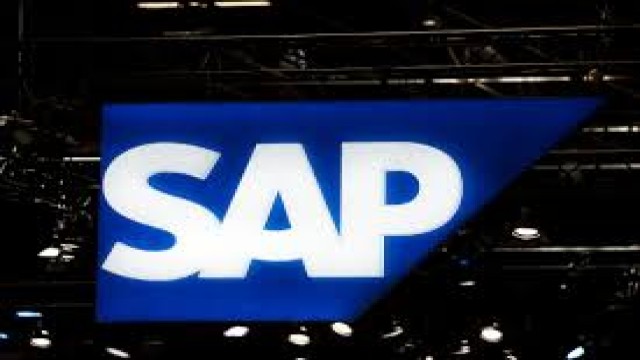

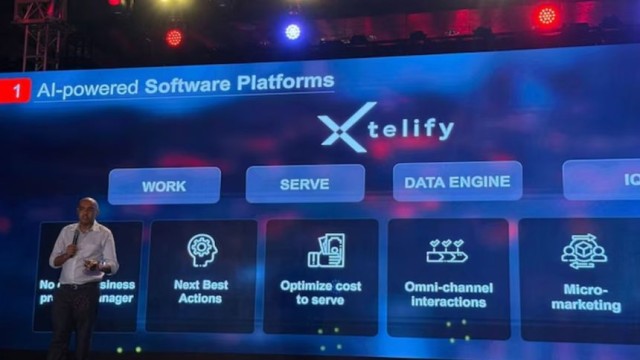
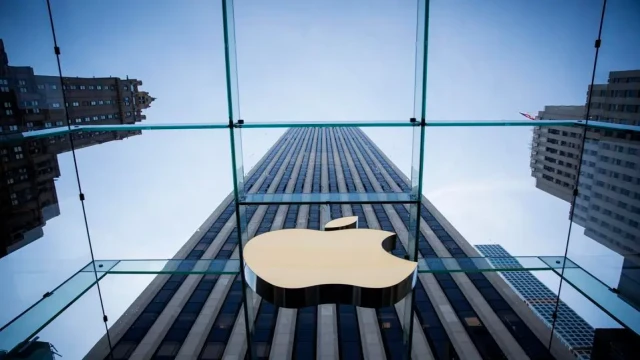

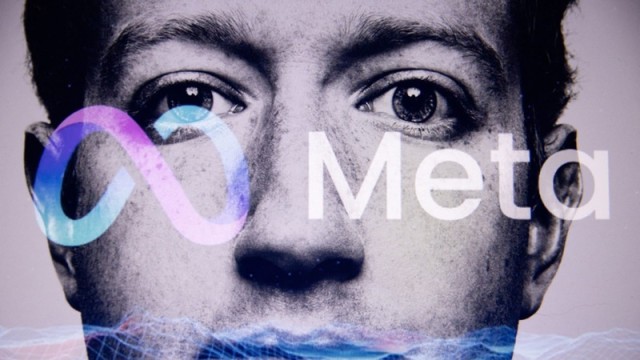
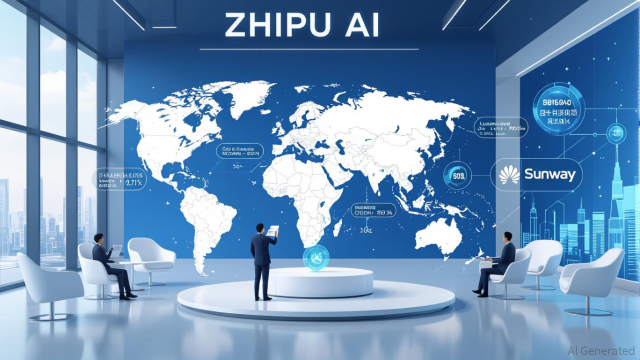



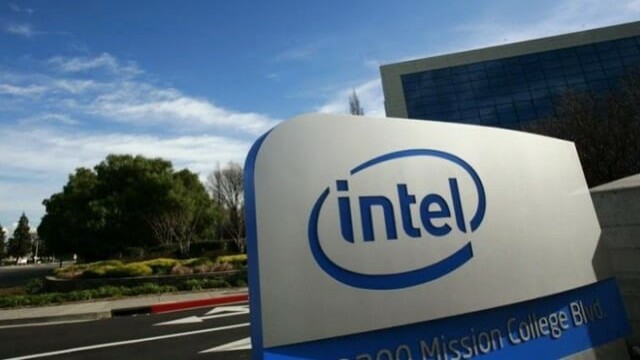














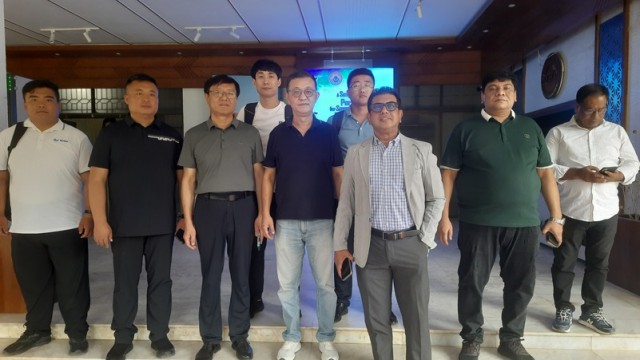

Comment: